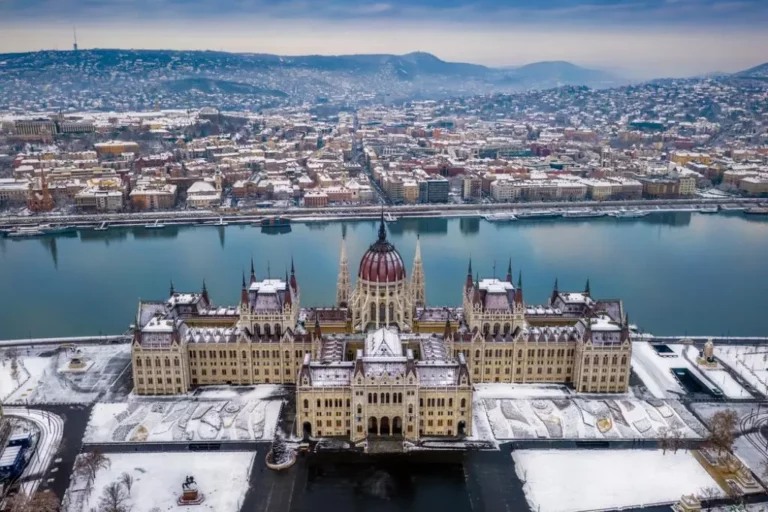European Union
Hungary fights for Russian gas, challenges Brussels’ REPowerEU regulation

BREAKING NEWS! Orbán mentioned in Epstein–Bannon text exchange – UPDATE

Huge changes to European travel on the way: Stricter controls and new visa rules approaching

Brussels launches legal action against Hungary over crypto law as Revolut and others shut down

Over corruption concerns, Hungary could lose multi-billion-euro defence loan

Orbán’s grand strategy until 2040: Drawing Western European Christians en masse to Hungary

Orbán opens new front with EU over Russian gas

Hungary launches legal proceedings to annul the REPowerEU regulation and enable Russian imports

Freudian slip? PM Orbán mistakenly claimed there is 26 EU members instead of 27

Hungarian FM Szijjártó: the EU would bring migrants to Hungary

Orbán prepares for elections with “Brussels, we won’t pay” petition

Croatia reintroduces compulsory military service after nearly two decades

Hungary and Austria signal stronger ties as parliamentary leaders stand together

UPDATE – Official: Hungary grants asylum to former Minister Ziobro and other Polish citizens

Orbán unveils Fidesz’s 2026 election line-up, vows campaign on “war, migration and gender threats”

Hungary tops EU property market with record-breaking price surge

Long-awaited airport rail link project finally kicks off: Fast track from the capital to Budapest Airport!

Budapest Grand Boulevard can be revamped if wins EU money





 ZH
ZH IT
IT DE
DE HR
HR NL
NL FR
FR JA
JA RO
RO RU
RU ES
ES TR
TR
